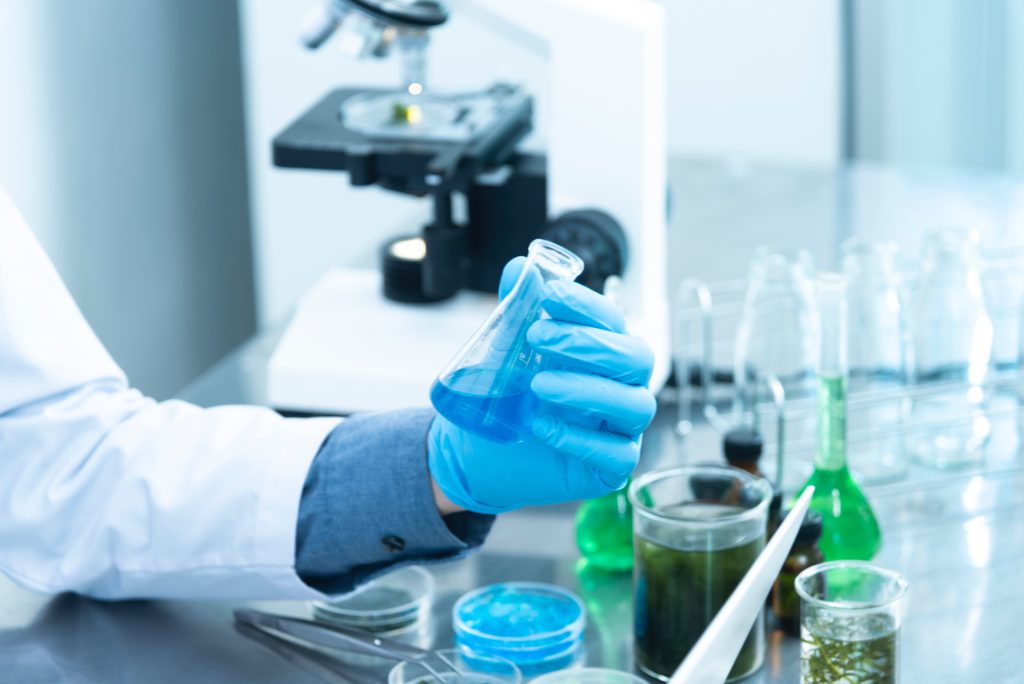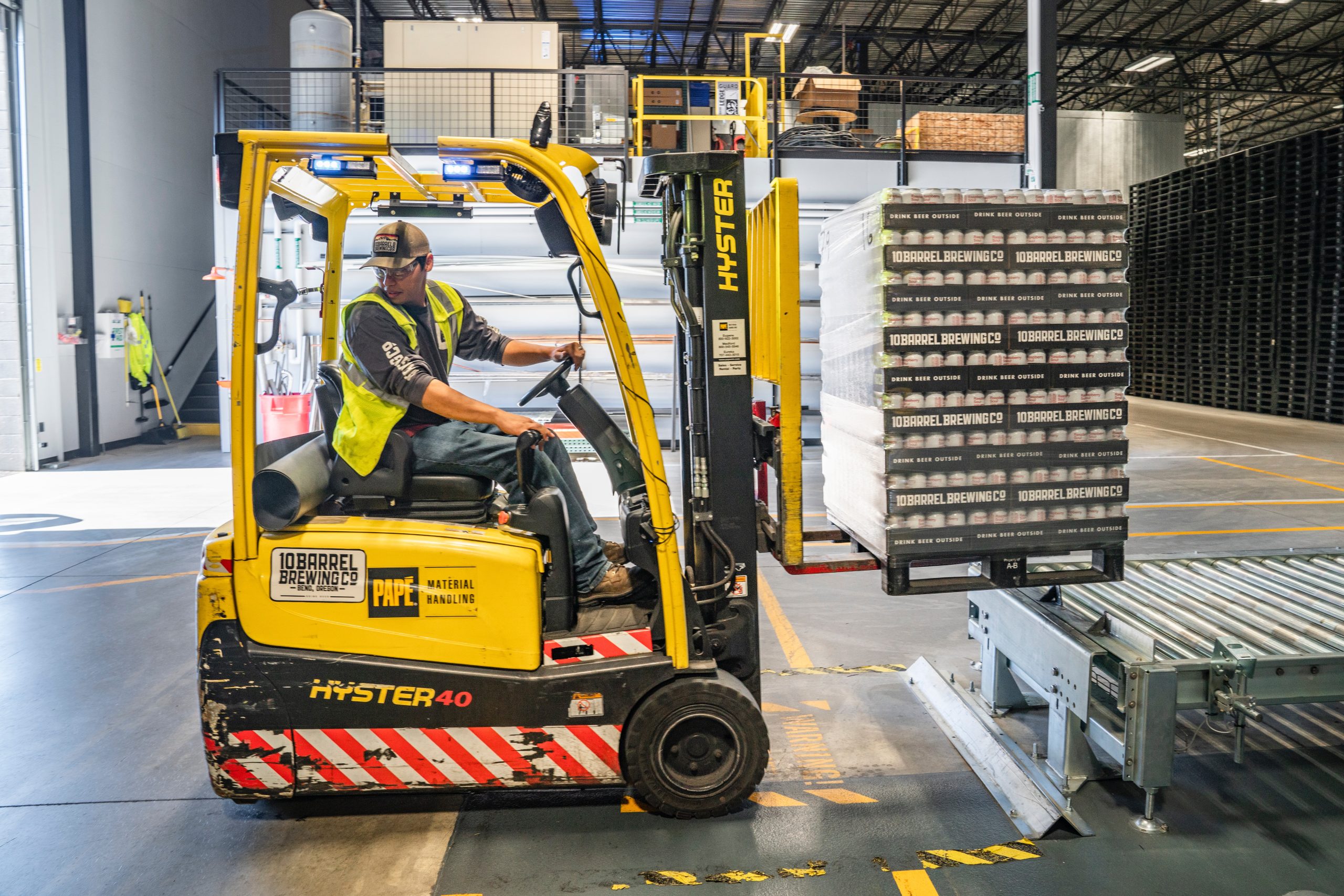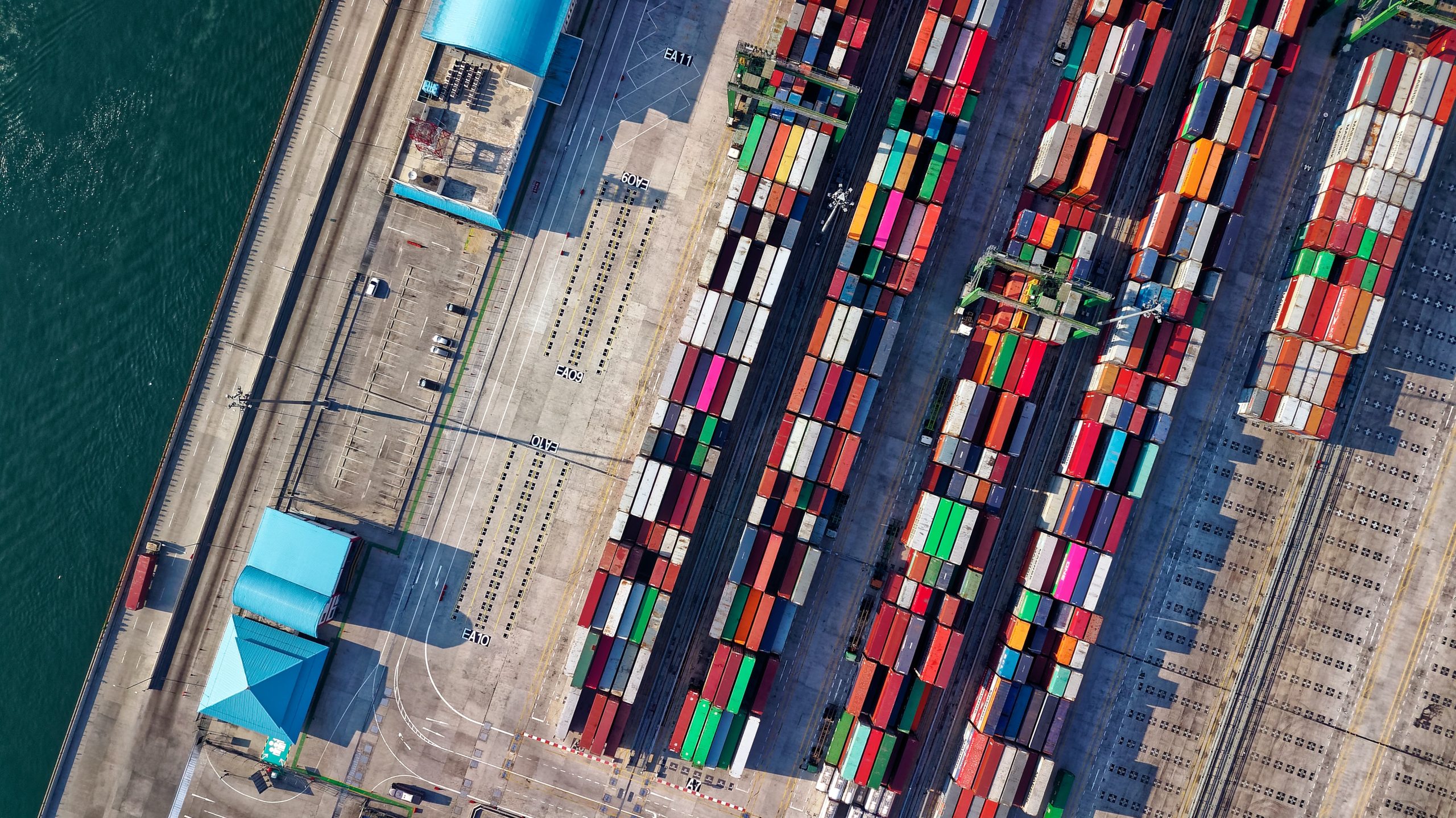Chemical Manufacturing Ingredients & Disposal
Chemical Manufacturing Ingredients & Disposal

Chemical Manufacturing Services
Trends in CASE, Rubber, & Plastic Additives
4 ways CBS is making sustainable differences in chemical distribution
4 ways Univar Solutions is making sustainable differences in chemical distribution Today. Tomorrow. Together. As a proud sustainability advocate, committed to bringing customers and communities more sustainable solutions for a better world through our distribution and supplier networks, CBS is taking action every day in our facilities, labs, warehouses and offices to reduce our carbon footprint, save on energy and help customers achieve lower to no emissions goals. More than a call to action, our aspiration to do more today and contribute to a better tomorrow means we are making real-world changes to our business that promote operational excellence in the areas of environmental, social and corporate governance. We’re growing together and partnering with suppliers and customers to find new ways to help reduce waste, conserve energy, improve resource consumption and extend the lifecycle of products through reuse, recycling and recovery techniques. Read on to see how we’re supporting the journey toward a sustainable future as we help communities stay healthy, fed, clean and safe. 1- Diverting waste with ChemCare Services We strive to reduce our waste and assist customers in finding sustainable solutions for some of their would-be wastes. Our ChemCare Services team has helped some of our customers divert tons of waste into reuse applications and recycling. Two of the biggest industries we’ve significantly impacted are the pharmaceutical ingredients and electronics manufacturing markets. In pharmaceuticals, we recovered an isopropyl alcohol (IPA) side stream that would have become waste. By working closely with our partners, we used this material as an added ingredient in manufacturing a commercial chemical and reprocessing it to produce an industrial-grade IPA. In another instance, we took a spent sulfuric acid stream that had previously gone to a landfill and recycled it, selling it as an industrial-grade product. Further, we can take a propylene glycol by-product stream and channel it into many applications such as antifreeze and industrial coatings. In all these instances, ChemCare reduces waste generation, removes material from landfills, and delivers extra value to our customers, demonstrating at significant volumes the additional value of CBS’ diverse networks and logistics for circular resource use. 2 – Access to clean water In industrial and municipal water treatment, CBS is directly delivering the materials that help keep the water coming out of the tap clean and safe to drink for our communities – from the flocculants that help clear up water during treatment to the disinfectants used to ensure it is suitable for safe drinking and the enzymes and microbes that help users implement more sustainable wastewater treatment systems. As a purpose-driven and values-based company, CBS in partnership with Mauser Packaging Solutions, acquired sixty 275-gallon Intermediate Bulk Containers (IBCs) for delivery to the Navajo Nation. The IBCs were used to store and distribute 16,500 gallons of much-needed water to many remote areas during the challenging COVID-19 outbreak. Partnering with Aquaid in 2020, we also helped provide clean drinking water to rural communities across Africa by supporting donations used to install community-based water pumps. Each pump can produce up to 10,000 liters/litres of potable water each day, supplying upwards of 300 people in a village or community with clean drinking water and water for productive use. 3 – Circularity in packaging In addition to delivering products, we also work with customers across our regions to return packaging to our operations and reconditioners. Collaborating with teams locally, we send containers for reconditioning and reuse rather than recycling or disposal, extending the life of the resource and reducing environmental impacts. Through 2019, our teams globally sent more than 6,700 tons of packaging for reuse, saving material quantities of virgin material use, emissions, water use, and energy compared with scrapping used containers. This consideration of sustainable packaging also extends to marketing sample kits for our suppliers’ strategic ingredients, for example, using reusable silicone and jute bags that are made to go beyond single-use consumption. 4 – New state-of-the-art sustainable blending facility In 2021, CBS announced the groundbreaking of a new state-of-the-art blending facility in Abbotsford, BC, designed with sustainability top of mind. The facility is expected to open during the first half of 2023 and aligns with Univar Solutions’ long-term commitment to achieve net-zero emissions by 2050. The site is designed with the principles of our sustainability commitments embedded throughout it. With the goal of offering energy-efficient technology and compliance through the latest emission standards and innovative logistic and storage strengths, the facility will also include a whole-site tank telemetry system for real-time product inventory. This will help make blending more efficient while reducing the risk of incidents through the latest engineering controls. With a state-of-the-art containment strategy helping to minimize impact to the environment while increasing safety, the facility is expected to set a new industry standard.
Welcome to Smart Acids,
Welcome to Smart Acids, a CBS podcast Your source for product insights and current market moves related to chemical and specialty ingredient distribution. Listen now! Chemical and ingredient market insights Smart Acids™ is the source for product insights and current market moves related to chemical and specialty ingredient distribution—breaking it all down one boron at a time. Join hosts Andy Erickson and Chris Ernst for straightforward and honest chat that speaks to the why behind pricing and supply, delivered in a smart, fun and entertaining way.
Top global chemical industry trends for 2023
Top global chemical industry trends for 2023 The chemical industry’s future outlook is affected by global economic, political, and environmental factors. Learn about the key trends impacting 2023. Strong headwinds and supply chain disruptions in 2022 delivered a resilient surge for the U.S. chemical industry, which closed one of its best years in a decade with production rising 3.9%, according to data from the American Chemistry Council (ACC). That output is now expected to decline by 1.2% in 2023, as the industry currently faces a shallow recession, ACC predicts in its annual global chemical industry report (1). There are positive signs that supply chain resiliency planning and solutions on the horizon could bolster the chemical market sector. With many environmental, social, and governance (ESG) factors impacting today’s businesses, CBS the third-largest chemical and ingredients distributor in the world, takes a closer look at four of the top trends driving the future of chemical and ingredient distribution. Supply chain issues “A resilient supply chain is one that is able to absorb shocks without interrupting supply to customers,” says Brandon Luna, vice president of supply chain strategy and commercial development at Univar Solutions, in the article Three strategies to securing a resilient supply chain. As industries rebound from the past 24-plus months of volatile challenges – from the pandemic to raw material shortages, from port backups and rail disruptions to extreme weather and geopolitical events, and from factory shutdowns to labor shortages – focus is on building a more resilient, reliable, and data-predictable supply chain. In 2023, transportation and shipping market sectors such as vessel, rail, and trucking have continued to recover from recent logistical and supply-chain issues. Below are key takeaways demonstrating that the chemical industry is moving at a healthier clip in 2023. Global economy and politics The global economy experienced swings from Europe’s high energy prices, China’s recovery struggling with zero-COVID policies, the war in Ukraine, the U.S. potentially heading into a recession, and high inflation in 2022. With China’s recovery hard to predict until the end of the first quarter and the Europe recession taking effect (albeit not as severe), our updates focus on North America. In the U.S., sensible regulatory policies are key to keeping manufacturing competitive, tempering the impacts of a downturn and regaining momentum, says ACC. Three ways the organization sees policymakers helping the chemical industry include: Providing strong support for U.S. energy development, including promoting infrastructure investment and permitting reforms. Fixing regulatory bottlenecks in EPA’s chemical management system to support innovative uses of chemistry. Updating U.S. transportation policies to promote greater access to reliable and competitive freight rail service and improving truck capacity on interstate highways. In addition, we note the growing concerns globally to ensure sustainable and ethical sourcing of materials used in chemical manufacturing. The Uyghur Forced Labor Prevention Act (UFLPA) prohibits materials made in Xinjiang Province from importation to the U.S. This includes raw materials used in manufacture outside Xinjiang, calling into question sourcing of Chinese materials. Focus on mining, agricultural, silicon based, cotton materials, and the use of forced labor. CBP requirement: “Clear and convincing evidence of no forced labor” Custom Border Patrol (CBP) enforcement of UFLPA is escalating (estimated 20,000 detentions in ’23 so far). CBS is developing in-depth supply chain mapping to minimize impact and mitigate risk. Sustainability Sustainability has become a business imperative and key performance indicator shaping the future of distribution. As more companies define their ESG goals to address environmental policies and set targets to reduce carbon emissions, Univar Solutions is at the forefront of bringing innovative materials and technologies forward to support the circular economy and help control plastic pollution with responsible reuse and repackaging solutions. More than an aspiration, ESG is core to how we conduct business and key to our commercial successes. With a commitment to sustainability, Univar Solutions is positively impacting ESG targets through freight and geographic consolidation, optimizing the supply chain and reducing travel miles, investing in EVs, hybrids, hydrogen, and CNG technology to help reduce the carbon impact of our fleet, as well as: Doing what we say – CbS has a solid code of conduct that prohibits supporting or buying from producers using unfair labor practices; Helping companies identify, quantify, and rationalize sustainable packaging options to reduce CO2 emissions; Through our mini-bulk services, creating a customized storage solution with tanks ranging from 235 to 3,000 gallons, freeing up storage for more operative usage, further optimizing delivery and reducing trips using wireless telemetry systems for tank monitoring; and Working with customers to distribute materials by leveraging waste management technologies for beneficial reuse, recycling, reclaim, waste to energy, thermal desorption, fuels-blending, incineration, and deep-wells. Digital technology E-commerce, artificial intelligence, smart supply chain—these aren’t just buzzwords for the chemical and ingredients industry. Digital tools have been critical to companies’ efforts to improve the resilience of supply chain planning and execution, according to a recent survey by McKinsey & Company (4). From product transactions and sustainable operations to formulation development and testing, the chemical industry continues on its digital transformation in 2023. On the digital transformation journey for the past four years, CBS has implemented a digital strategy that puts the customer at the center of everything we do. At the most basic level, we look at how we can simplify order intake, shipping, and billing. At a more consultative level, we find ways to help customers formulate their products, understand new solutions, deal with regulatory obstacles, and respond to emerging market trends.







